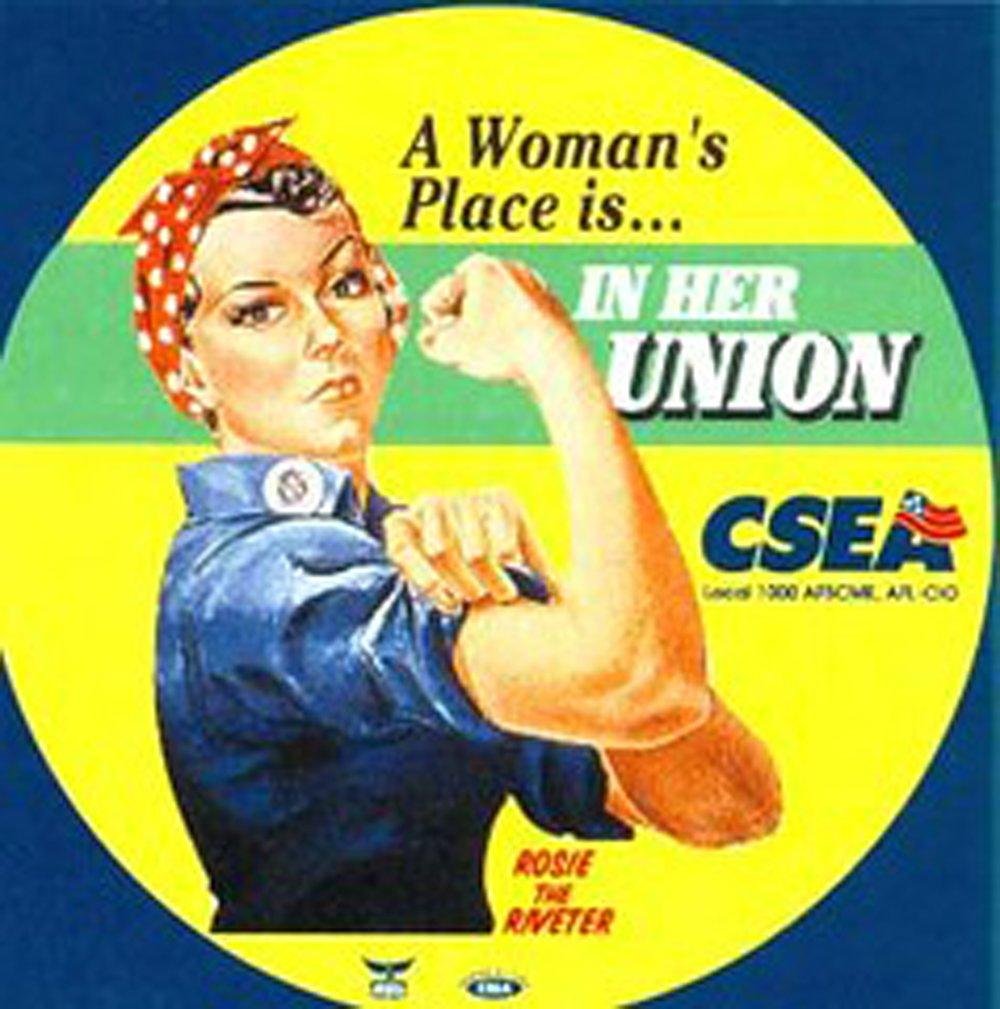Business
Is Labor Day Losing Its True Meaning?

Labor Day, a federal holiday observed on the first Monday of September, serves as a reminder of the labor movement’s historical significance. Unlike many U.S. holidays, it involves minimal rituals beyond shopping and barbecuing. For many, the day marks the unofficial end of summer and the onset of a new school year.
Originating in the late 1800s, Labor Day was intended to unite union workers and advocate for shorter work hours. The inaugural celebration took place in 1882 in New York City, orchestrated by the Central Labor Union, which aimed to consolidate various small unions for greater influence.
In the 1800s, unions represented a fragmented workforce with limited power. The Central Labor Union, alongside modern organizations like the AFL-CIO, sought to unify disparate groups of workers around common interests. However, they faced significant challenges, as the government and employers did not recognize the first Monday in September as a day off. Organizers resolved this issue through a one-day strike, culminating in a parade and a festive picnic.
The event’s atmosphere was described by a reporter from the New York Tribune as a “political barbecue,” characterized by dull speeches and camaraderie. The emergence of Labor Day stemmed from worker grievances about excessive hours; during the 1830s, manufacturing workers averaged 70-hour weeks, which only slightly improved to 60 hours by 1890.
Securing a shorter workday became a focal point for union advocates, along with the push for more holidays like Labor Day itself. These early efforts have yielded results: today’s manufacturing workers average just over 40 hours a week, typically working five-day weeks.
Interestingly, many politicians and business owners initially supported shorter workweeks. Longer hours restricted workers’ ability to spend their earnings on leisure pursuits, ultimately limiting consumption. As the economy shifted from agriculture to a diverse industrial market, developing a consumer base became vital for growth.
A common misconception about Labor Day is that it guarantees a day off for all workers. While its inception was linked to strikes advocating for workers’ rights, the holiday’s designation is more politically advantageous than obligatory. By 1887, several states recognized Labor Day, and President Grover Cleveland officially declared it a national holiday in 1894. However, federal recognition does not mandate time off for private sector employees.
This lack of uniform observance means many continue to work on Labor Day. Essential services remain operational, and even leisure spots like national parks often welcome visitors. Throughout the 1930s, union workers were encouraged to strike if denied the day off, highlighting ongoing struggles for recognition.
Despite Labor Day being perceived as a non-contentious holiday today, historical controversies have marked its celebration. Over a century ago, debates arose over the appropriate ways for workers to commemorate their contributions. Groups within the labor movement, including communists and socialists, supported revolutionary demonstrations on May 1, contrasting sharply with Labor Day’s parades and picnics.
The origins of Labor Day are also contested. Initially attributed to Peter J. McGuire, who called for its establishment in the 1880s, emerging evidence suggests that Matthew Maguire of the Machinists Union might have been the true innovator. Despite the ambiguity surrounding its conception, the holiday’s current interpretation strays from its original intent.
In contemporary society, Labor Day’s significance has diminished. The holiday often lacks traditional rituals, drifting away from its roots as a response to labor grievances. While the battle for reasonable working hours appeared resolved, concerns are resurfacing, particularly among highly skilled white-collar workers constantly tethered to their jobs.
This Labor Day, consider reclaiming the holiday’s spirit by truly stepping away from work. Disconnect from all electronic devices and immerse yourself in leisure—perhaps over a barbecue with friends and family. Celebrate the progress made for workers, and honor the original ethos of Labor Day.


















